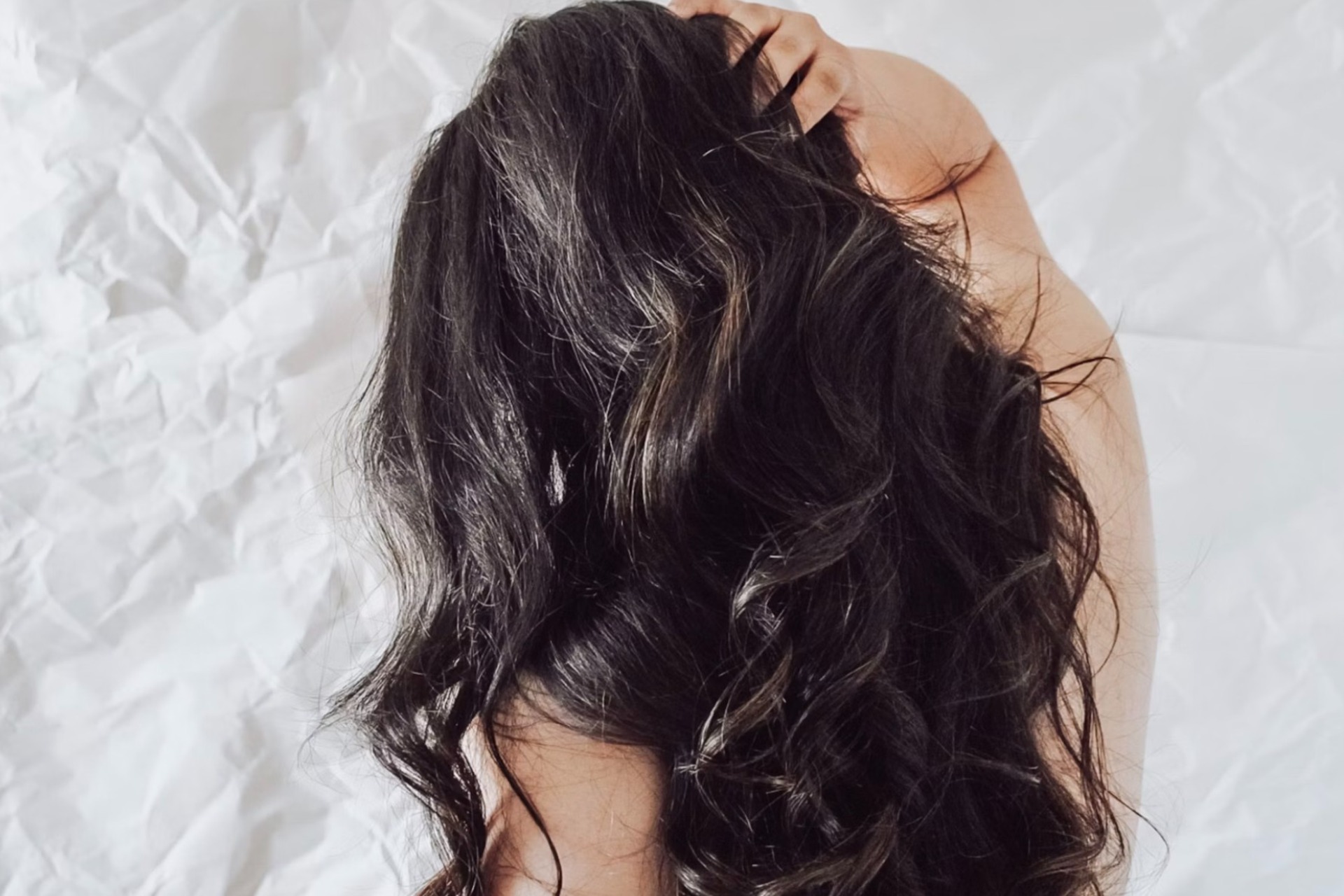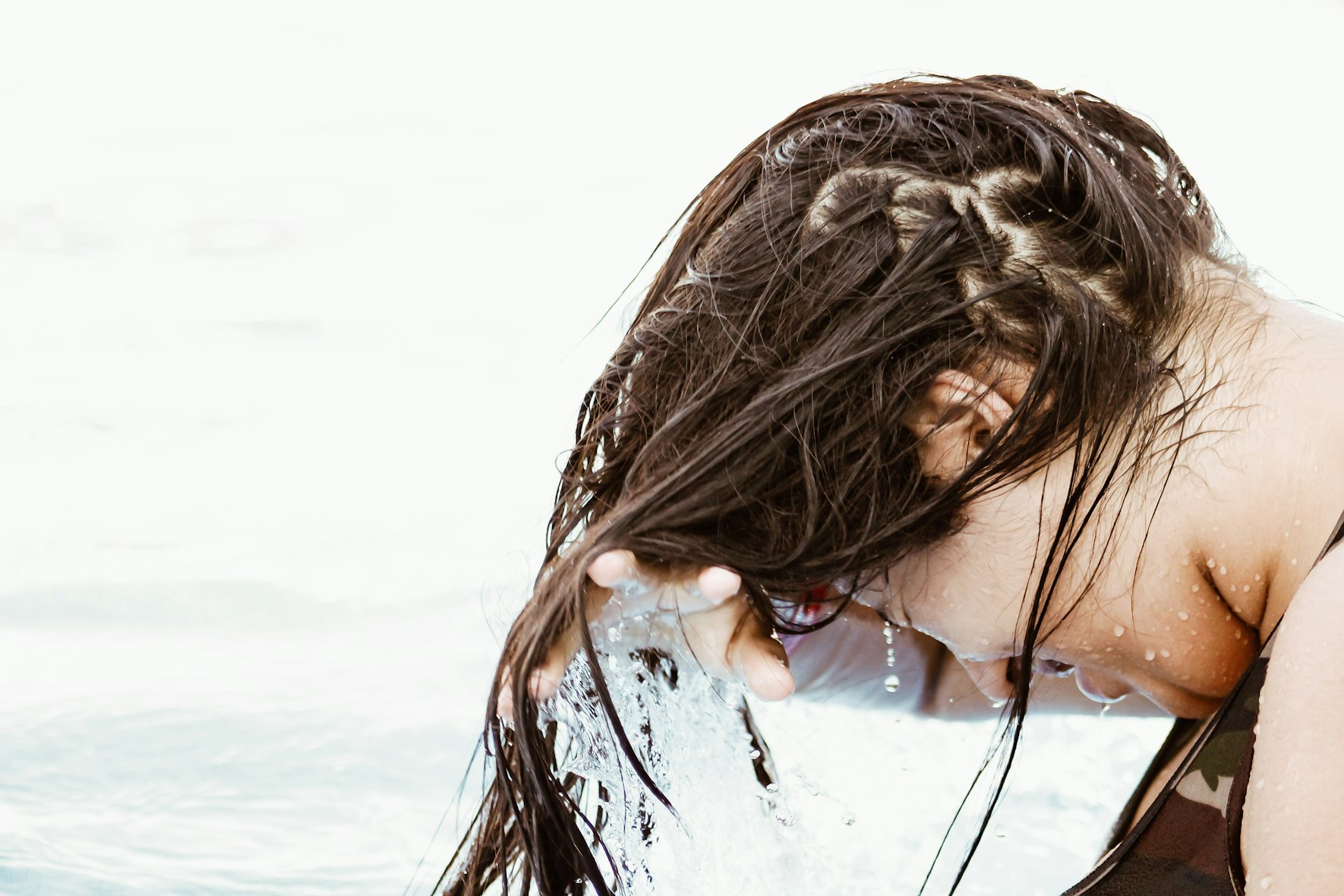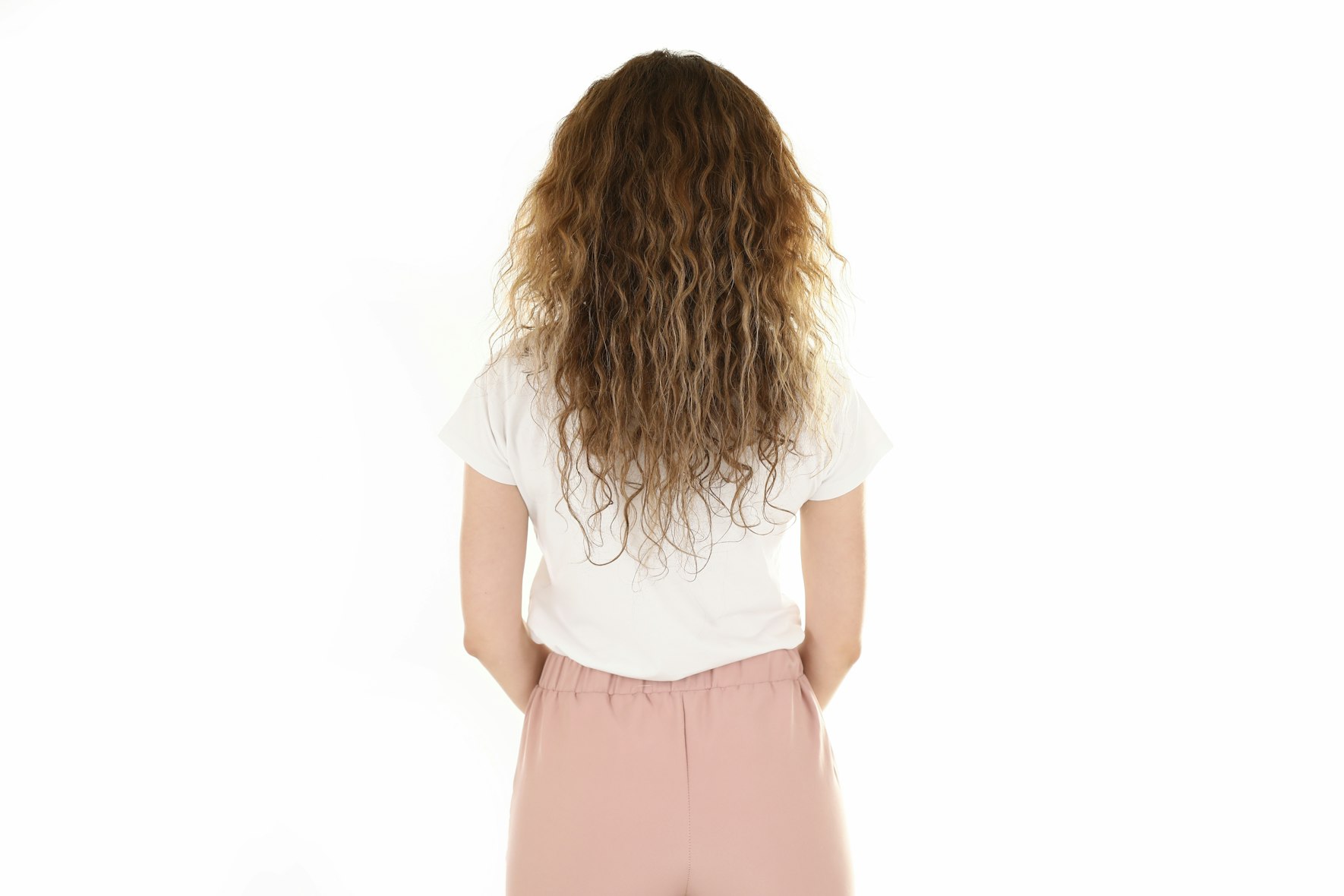
Body + Mind is reader-supported. We may earn an affiliate commission when you buy through some of the links on our site.
Sulfates are surfactants that generally get a bad rep in the beauty community. You can find them in many consumer products, most likely in shampoos. Despite it being a common ingredient, there’s a rising demand for sulfate-free products. Are sulfates bad for hair? Should you avoid them entirely? Discover what sulfates do to your hair and whether sulfate-free items are ideal for you.
Sulfates are chemicals often used in cleansers and shampoos. They are a type of detergent that provides the foamy texture when the product is mixed with water. There are three main types of sulfates used in shampoo — sodium laureth sulfate, ammonium laureth sulfate and sodium lauryl sulfate. Both give the lathering effect, removing dirt and excess oil from your hair.

Sulfates are used in hair products because they are a cheap and convenient way to create lather and cut through dirt, oil and grease. They also cleanse well, which is especially ideal if you have an oily scalp.
Not necessarily. A shampoo with sulfates can effectively get rid of product and oil buildup. However, it may become too efficient, which can be drying to the hair. According to board-certified dermatologist Dr. Anna Chacon, sulfates may strip natural oils from the scalp and hair, which may lead to irritation, dryness and damage.
Sulfates were also once thought to be carcinogenic. According to board-certified dermatologist Dr. David Lortscher, via Teen Vogue, this is untrue.
“The perception that sodium lauryl sulfate is carcinogenic appears to have arisen in the early 1990s. According to a review of the toxicity of sodium lauryl sulfate in humans and in the environment published in 2015, this false claim is thought to have derived from multiple misinterpretations of the scientific literature,” he mentions.
He added that sodium lauryl sulfate isn’t considered carcinogenic by California Proposition 64 list of carcinogens, the International Agency for Research on Cancer, the U.S. Environmental Protection Agency, the European Union or the U.S. National Toxicology Program.
There’s also a misconception that sulfates are bad for colored hair. Cosmetic chemist Perry Romanowski said they don’t fade the dye faster. In summary, they may cause irritation and dryness on the scalp, eyes and skin.
Shampoos and other products with sulfates may cause acne breakouts around the scalp and hairline. If you have acne-prone skin, it’s best to avoid sulfate-laden products to avoid getting more acne.
Sulfates are common in consumer products, and their presence and effects may go unnoticed. Aside from shampoo, it may appear in laundry detergents, dish detergents, toothpaste, face cleansers, bath bombs and liquid hand soap. High sulfate concentrations and continued exposure may lead to the following side effects:
Sulfates are essentially a detergent, which may be a good option if you have greasy hair. However, it’s best to avoid products containing these chemicals if you have:

Sulfates may be bad for some people, but that doesn’t have to stop others from ditching them. If you’re considering sulfate-free options, here are some reasons you may consider switching.
Sulfates can be harsh and may worsen dryness. Switching to a sulfate-free hair product can help keep your hair’s moisture. If you have bleached hair, it’s best to use a sulfate-free purple shampoo to neutralize brassy tones without compromising your hair’s health.
Sulfates are effective cleaning agents, but they can be too efficient and may strip away the oil required to make hair appear shiny and healthy. Gentle shampoos can help keep frizz at bay. Mixing baking soda and water can help provide gentle cleansing properties to your scalp. Use your fingers to apply the mixture to your scalp, and let it sit for one to three minutes before rinsing.
Switching to a sulfate-free shampoo may be best if you find your hair rough and unmanageable after showering. Additionally, natural oils like coconut or rosemary can help boost hair growth and shine. Avoid applying too much so your hair won’t appear greasy and weighted down.

The thing about sulfate-free products is that they may not be as effective at eliminating product and oil buildup as those containing sulfates. Sulfate-free shampoos use milder surfactants that may lead to buildup over time. The best thing to do is to alternate between two products to ensure your scalp and hair get the best care possible. Don’t forget to use a conditioner on your hair strands — not on roots — to lock in moisture.
Now you know that sulfates are not inherently bad for your hair, it’s time to take action. You may alternate between using products with and without sulfates to see the difference. However, if you’re experiencing dryness, frizz or scalp irritation, it’s best to consult your dermatologist on your best options.
Your email address will only be used to send you our newsletter, and at any time you may unsubscribe. For more information, see our Privacy Policy.